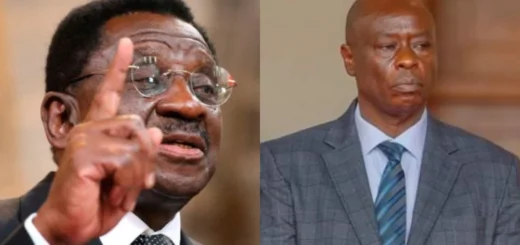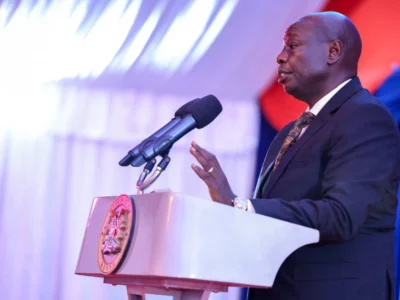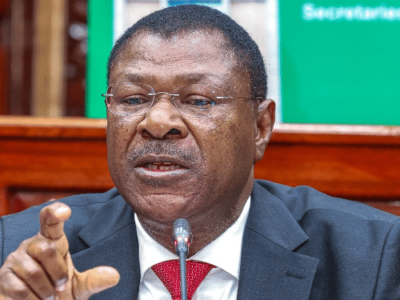The Supreme Court seems ready to support the TikTok ban.

The US Supreme Court appeared likely on Friday to uphold a law that would force TikTok’s Chinese owner ByteDance to sell the wildly popular online video-sharing platform or shut it down.
A majority of the conservative and liberal justices on the nine-member bench appeared skeptical of arguments by a lawyer for TikTok that forcing a sale was a violation of First Amendment free speech rights.
Signed by President Joe Biden in April, the law passed by Congress would block TikTok, which boasts 170 million American users, from US app stores and web hosting services unless ByteDance divests from the social media platform by January 19.
The US government alleges TikTok allows Beijing to collect data and spy on users and is a conduit to spread propaganda. China and ByteDance strongly deny the claims.
“This case ultimately boils down to speech,” TikTok counsel Noel Francisco said during two-and-a-half hours of oral arguments. “What we’re talking about is ideas. If the First Amendment means anything, it means that the government cannot restrict speech.”
Several of the justices pushed back, pointing to TikTok’s Chinese ownership.
“There’s a good reason for saying that a foreign government, particularly an adversary, does not have free speech rights in the United States,” said Justice Samuel Alito. “Why would it all change if it was simply hidden under some kind of contrived corporate structure?”
Justice Brett Kavanaugh and Chief Justice John Roberts raised the national security concerns behind the law — the Protecting Americans from Foreign Adversary Controlled Applications Act.
“I think Congress and the president were concerned that China was accessing information about millions of Americans, tens of millions of Americans, including teenagers, people in their 20s,” Kavanaugh said.
Their concern, he added, was “that they would use that information over time to develop spies to turn people, to blackmail people, people who a generation from now will be working in the FBI or the CIA or in the State Department.”
Roberts asked the lawyer for TikTok whether the court is “supposed to ignore the fact that the ultimate parent is, in fact, subject to doing intelligence work for the Chinese government?”
Francisco said Congress could have chosen other means to address its concerns such as requiring data from TikTok’s US users not be allowed to be shared with anybody.
“They never even considered that most obvious alternative” of saying “you can’t give it to ByteDance, you can’t give it to China, you can’t give it to Google, you can’t give it to Amazon,” he said.
















